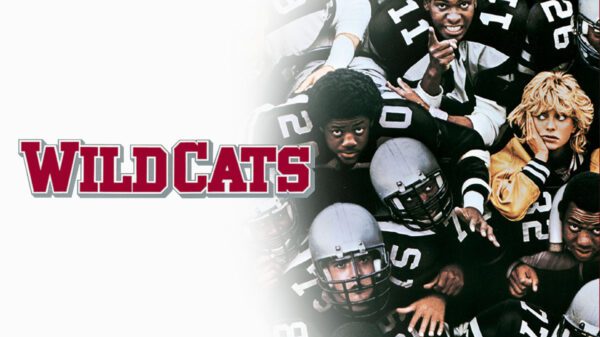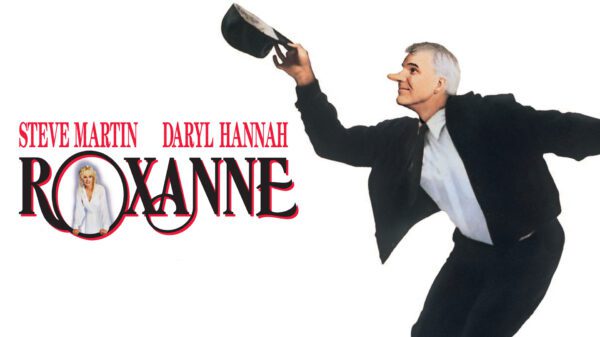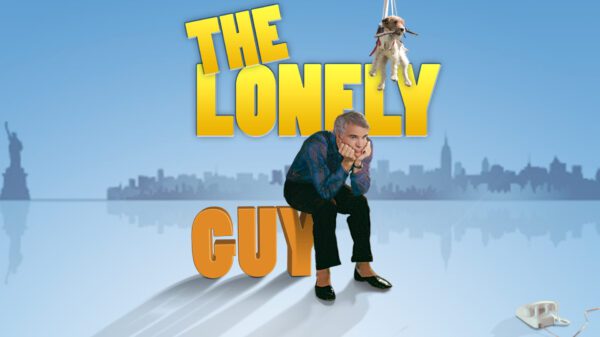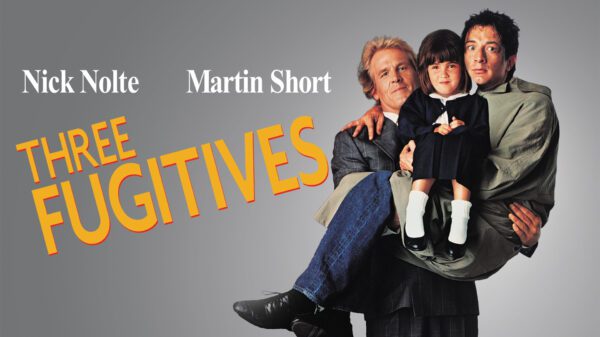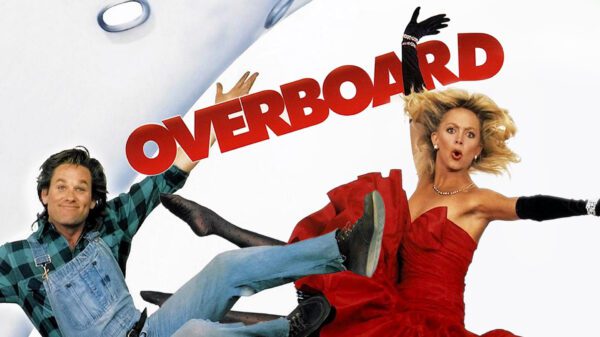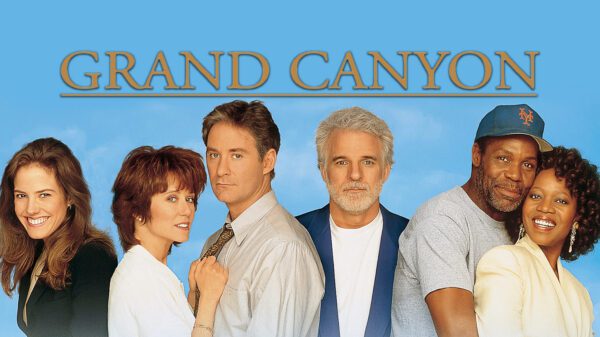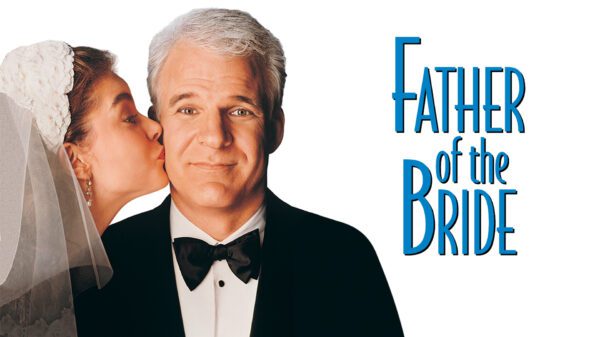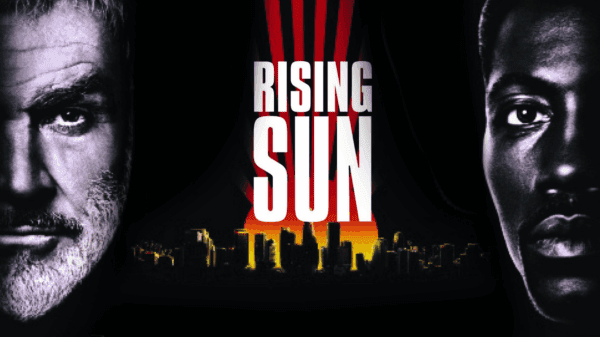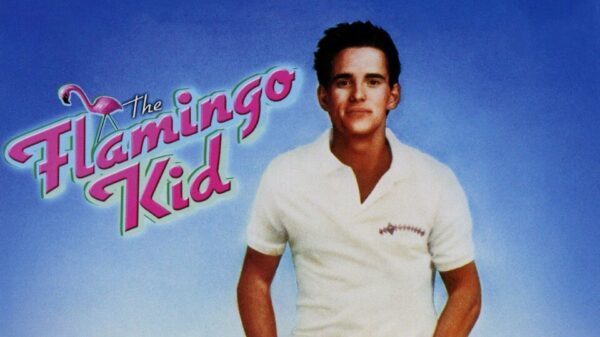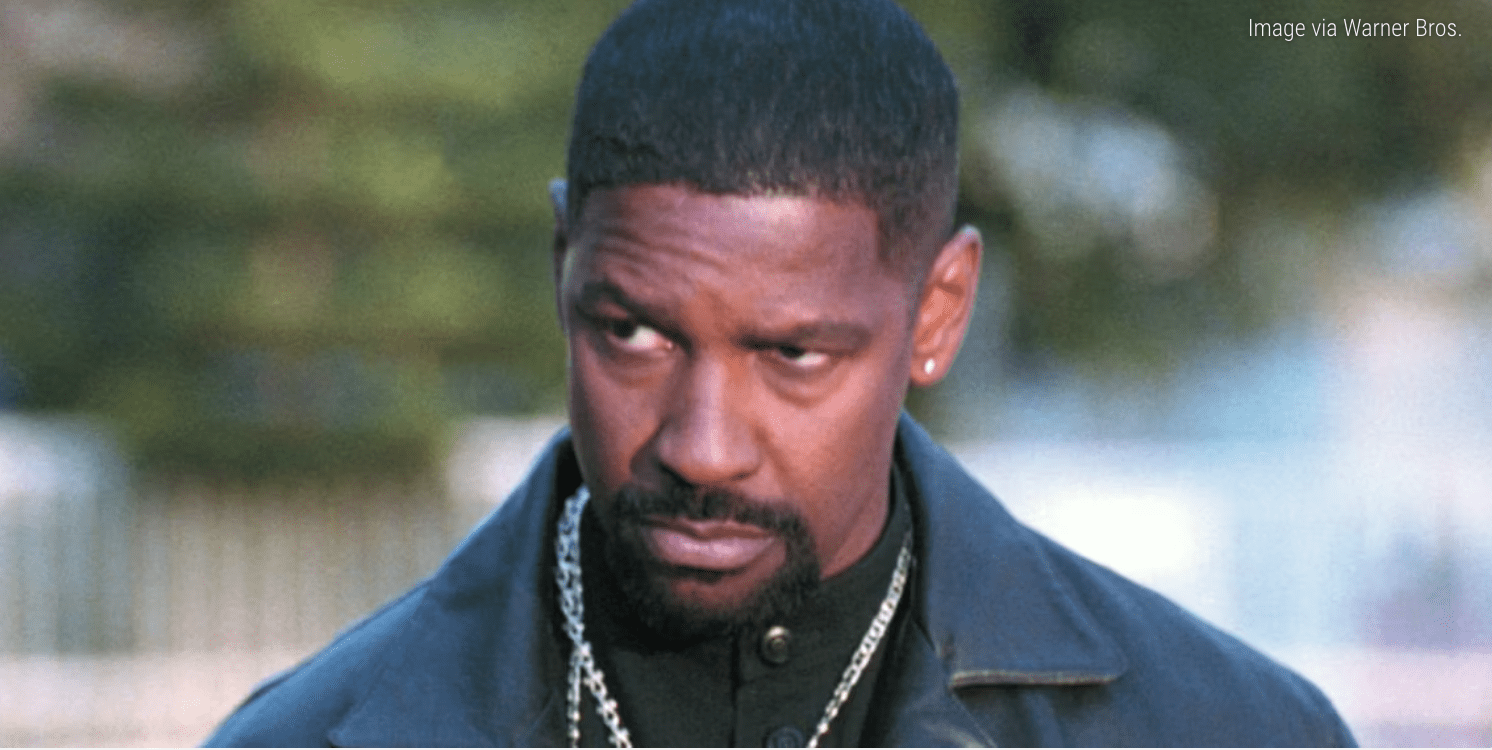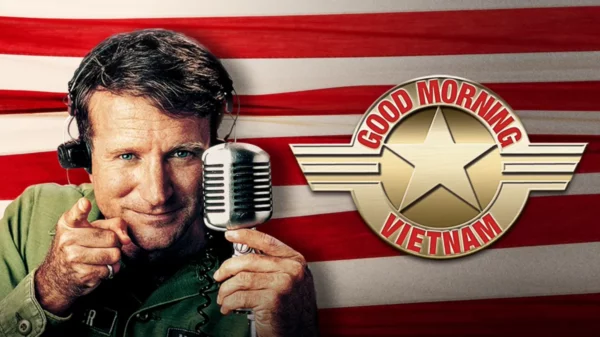Norman Jewison’s Best Friends, released in theaters on December 17, 1982, is a romantic comedy-drama starring Burt Reynolds and Goldie Hawn, notable not for its formula but for its heartfelt authenticity, sly humor, and the vulnerability its stars bring to characters who face the challenge of turning love into lifelong commitment.
The film is based on the real relationship of its screenwriters, Barry Levinson and Valerie Curtin, adding layers of wit and self-awareness often missing from Hollywood romances.
Richard Babson (Reynolds) and Paula McCullen (Hawn) are successful Los Angeles screenwriters who have lived and worked together harmoniously for years—best friends, lovers, and creative partners.
What seems like a perfect arrangement comes under strain when Richard suggests marriage. Paula, anxious about the effect legality will have on their dynamic, resists but ultimately agrees.
Their intimate, impulsive wedding kicks off a fraught cross-country honeymoon to meet each other’s families: Paula’s eccentric parents, Eleanor and Tim (Jessica Tandy and Barnard Hughes), in wintry Buffalo; and Richard’s controlling mother Ann (Audra Lindley) and gruff father Lou (Keenan Wynn) in Virginia.
The travelogue spirals into comedy and discomfort as old insecurities and new expectations resurface. Each family visit magnifies the couple’s differences, and what started as joy quickly becomes conflict.
The suffocating rituals, awkward sleeping arrangements, and overbearing relatives expose fractures in Richard and Paula’s relationship. Paula copes with stress and homesickness through self-deprecating humor—and occasional Valium—while Richard tries to maintain composure.
The couple’s producer, Larry (Ron Silver), heightens the chaos by pressuring them for script rewrites, ultimately locking them in a studio and serving as makeshift marriage counselor.
Jewison expertly weaves comedy and melancholy, making the “meet the parents” formula feel painful and true, and capturing the modern anxiety of emotional commitment.
Reynolds and Hawn ground their characters in warmth and vulnerability, eschewing glamour for small gestures and glances that reveal the nuanced toll marriage takes on everyday life.
The film’s theme song “How Do You Keep the Music Playing?” performed by Patti Austin and James Ingram received an Academy Award nomination for Best Original Song.

Burt Reynolds in Best Friends (Photo/Warner Bros.)
Reception for Best Friends
Best Friends grossed $4 million on its opening weekend, finishing fourth at the box office behind Tootsie ($5.5 million), The Toy ($4.8 million) and The Dark Crystal ($4.7 million) and ahead of 48 Hrs. ($3.3 million).
The film remained in the top 10 for seven weeks en route to grossing $36.8 million in its theatrical run.
Roger Ebert gave Best Friends three and a half out of four stars in his review.
Legacy
Best Friends stands as an understated portrait of grown-up love—awkward, funny, and sometimes bittersweet—acknowledging that some partnerships thrive better without a license, and sometimes, the only way to move forward is to walk together into the (occasionally staged) sunset. Its legacy endures for audiences seeking humor rooted in reality rather than fantasy.

